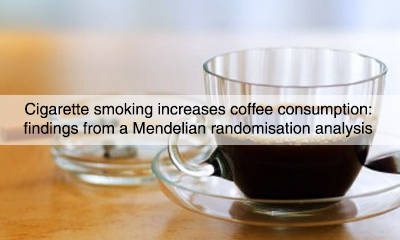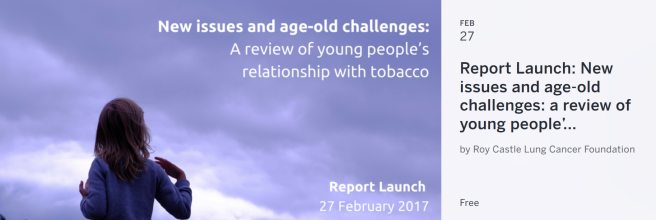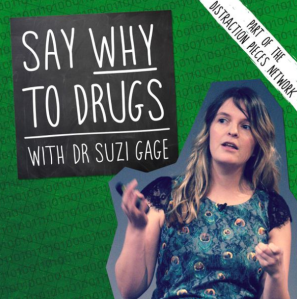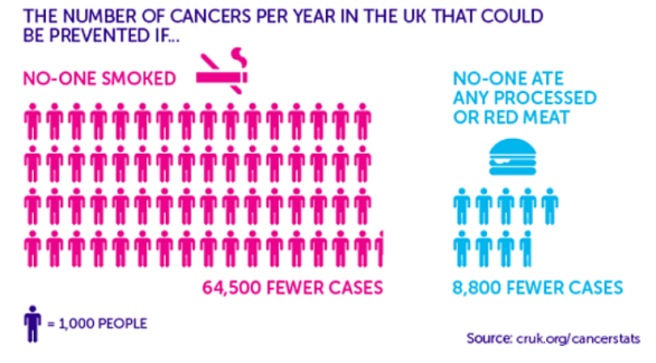We are delighted to announce that UKCTAS has been successful in securing future funding through a multi-funder research initiative; the UK Prevention Research Partnership (UKPRP). UKTCAS academics joined forces with new collaborators and a range of public and private sector organisations to apply to the UKPRP.
The new consortium has now been awarded £5.9 million funding over five years and is called SPECTRUM (Shaping Public hEalth poliCies To Reduce ineqUalities and harM).

UKPRP research grants aim to develop, test and  refine new, practical and cost-effective approaches to preventing non-communicable diseases at scale, which will in turn help to reduce health inequalities across the UK. The initiative is supported by twelve funders from UK Research and Innovation research councils, charities and government. In its first round of funding, four Consortia and four network grants have been awarded.
refine new, practical and cost-effective approaches to preventing non-communicable diseases at scale, which will in turn help to reduce health inequalities across the UK. The initiative is supported by twelve funders from UK Research and Innovation research councils, charities and government. In its first round of funding, four Consortia and four network grants have been awarded.
Prof. Linda Bauld, University of Edinburgh
“SPECTRUM intends to address some of the most controversial questions facing the health of our population. To reduce diseases like cancer, heart disease, diabetes and respiratory diseases we need to address their main preventable causes. To do so means introducing and enforcing public health policies that often clash with the business interests of very profitable companies.
SPECTRUM aims to produce research that can rise to this challenge. This research will be used by our partners outside of academia, who will be active members of SPECTRUM, to make the case for effective policy and practice to improve health and address inequalities in the UK and further afield.”
The SPECTRUM Consortium is led by Professor Linda Bauld (pictured above) from the University of Edinburgh and for the last 10 years has been the deputy director of UKCTAS. Co-investigators and collaborators from 10 Universities in the UK and one in Australia are included. In addition, the Consortium brings together leading alliances that aim to improve health and reduce inequalities in the UK and further afield, along with Public Health England, Health Scotland, Public Health Wales and two independent companies specialising in statistical modelling and retail data.
SPECTRUM will aim to conduct research to prevent and address harm to health from unhealthy commodities by using systems science to identify and evaluate solutions. The focus of the new Consortium will be the commercial determinants of health and health inequalities, continuing UKCTAS’s work at the population level on tobacco and alcohol, but also extending to unhealthy food and drink products where appropriate. The research will be organised around 8 inter-related Work Packages involving new research, along with knowledge exchange, impact and public engagement activities.








 To explore the relationship between smoking and caffeine, Munafo and his colleagues analysed data from biobanks in the UK, Norway and Denmark. They were particularly interested in people who had inherited a variant of a gene that has already been shown to increase cigarette smoking.
To explore the relationship between smoking and caffeine, Munafo and his colleagues analysed data from biobanks in the UK, Norway and Denmark. They were particularly interested in people who had inherited a variant of a gene that has already been shown to increase cigarette smoking.




 The gadgets deliver a nicotine hit by heating a nicotine-containing propylene glycol (e-liquid) to create an aerosol (usually called “vapour”), which is inhaled. Put simply, they deliver nicotine almost as effectively as a conventional cigarette, but without the vast majority of other chemicals present in tobacco smoke (either from the tobacco itself, or as a result of the burning process).
The gadgets deliver a nicotine hit by heating a nicotine-containing propylene glycol (e-liquid) to create an aerosol (usually called “vapour”), which is inhaled. Put simply, they deliver nicotine almost as effectively as a conventional cigarette, but without the vast majority of other chemicals present in tobacco smoke (either from the tobacco itself, or as a result of the burning process).

